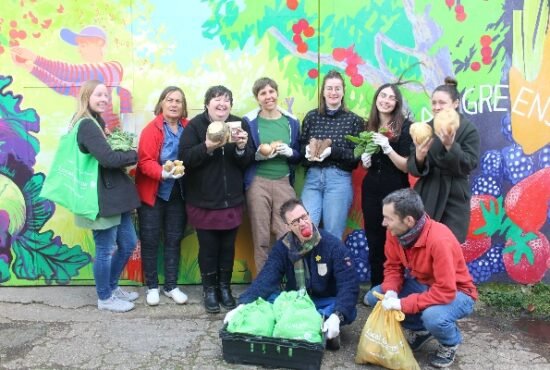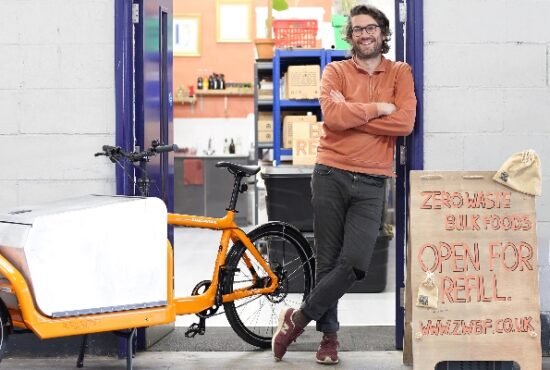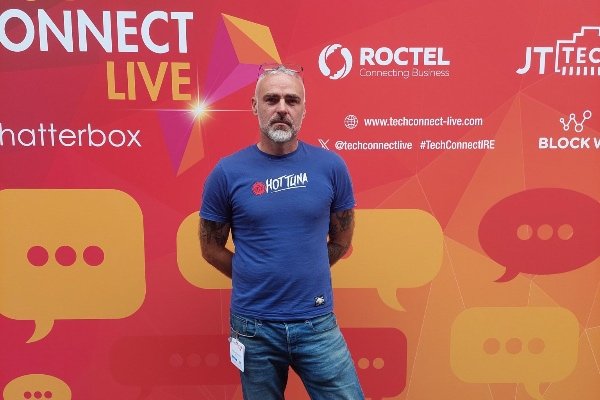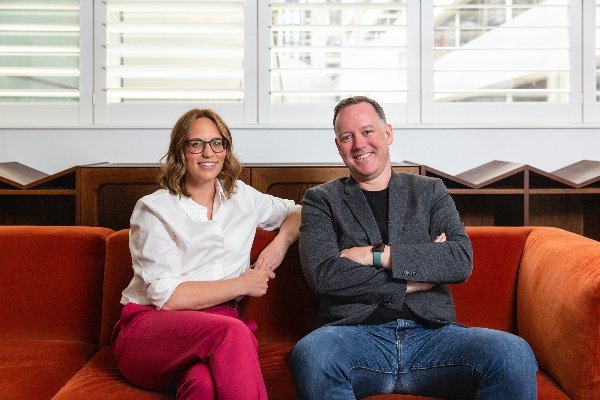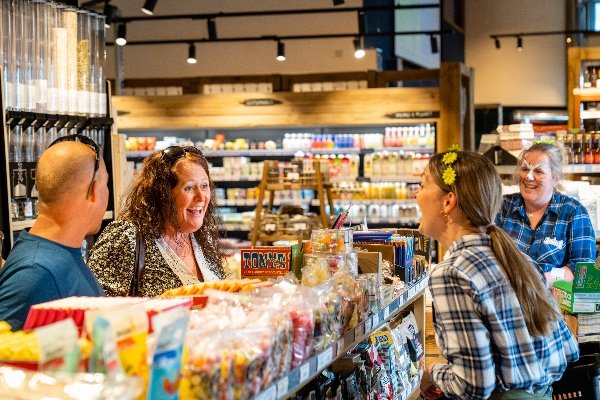Market hotspots
The report reveals 60 sustainable and inclusive market ‘hotspots’ in just four key economic areas could create at least $12 trillion, worth over 10% of today’s GDP.
The breakdown of the four areas and their potential values are: Energy $4.3 trillion; Cities: $3.7 trillion; Food & Agriculture $2.3 trillion; Health & Well-being $1.8 trillion.
‘Global Goals hotspots’ identified in the report have the potential to grow 2-3 times faster than average GDP over the next 10-15 years. Beyond the $12 trillion directly estimated, conservative analysis shows potential for an additional $8 trillion of value creation across the wider economy if companies embed the Global Goals in their strategies.
The report also shows that factoring in the cost of externalities (negative impacts from business activities such as carbon emissions or pollution) increases the overall value of opportunities by almost 40%.
A new social contract
As well as the $2.4 trillion required annually to achieve the Global Goals, the Commission stresses that a ‘new social contract’ between business, government and society is essential to defining the role of business in a new, fairer economy.
The recently released 2017 Edelman Trust Barometer reinforces this idea. It shows that while CEO credibility is sharply down, 75% of general population respondents agree that ‘a company can take specific actions that both increase profits and improve the economic and social conditions in the community where it operates.’
And they can do so in ways that align with recommendations and actions outlined in Better Business, Better World: rebuilding trust by creating decent jobs, rewarding workers fairly, investing in the local community and paying a fair share of taxes.
‘The promise of the Sustainable Development Goals and the Paris Climate Agreement is a zero-carbon, zero-poverty world. To achieve these Global Goals, we need to rebuild trust. A new social contract for business where people, their environment and economic development are rebalanced can ensure that everybody’s sons and daughters are respected with freedom of association, minimum living wages, collective bargaining and safe work assured. Only a new business model based on old principles of human rights and social justice will support a sustainable future.’
SHARAN BURROW
General Secretary, International Trade Union Confederation, and commissioner
The Commission
The Business and Sustainable Development Commission was launched at the World Economic Forum in Davos in January 2016. It brings together leaders from business, finance, civil society, labour and international organisations, with the twin aims of mapping the economic prize that could be available to companies if the Global Goals are achieved, and describing how they can contribute to achieving them.
Better Business, Better World launch events will be held throughout the week of 16 January, first at the Philanthropreneurship Forum in Vienna, then at the World Economic Forum in Davos. Regional events are also scheduled.
Click here to read the full report, Better Business, Better World.
 Play Video about This Rock Might Just Save The World
Play Video about This Rock Might Just Save The World Play Video about Play 2 hours of rock
Play Video about Play 2 hours of rock Play Video about Play 2 hours of brook
Play Video about Play 2 hours of brook Play Video about Play 2 hours of sheep
Play Video about Play 2 hours of sheep
